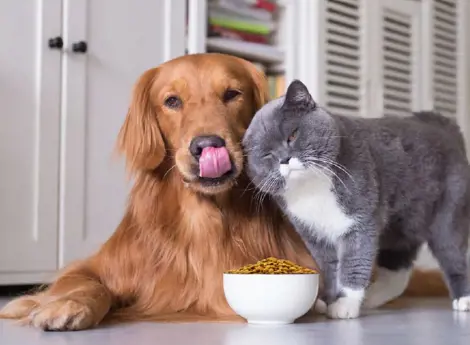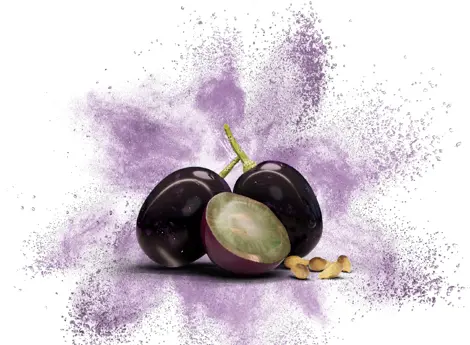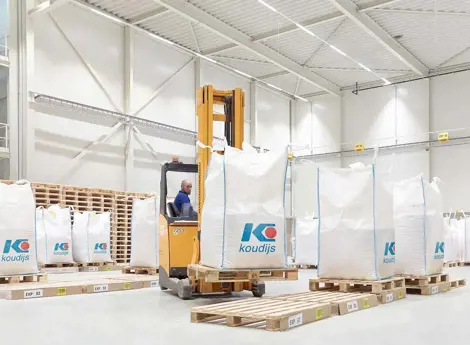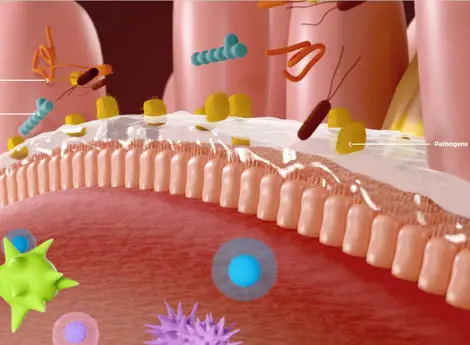Making good feed requires craftmanship
Each animal category has its own needs. Also the maturity of the digestive system changes in time. Therefore, we have developed guidelines around the most important parameters when producing the feed to ensure the best quality. These parameters vary from Composition, Structure, Texture, and Pellet size.
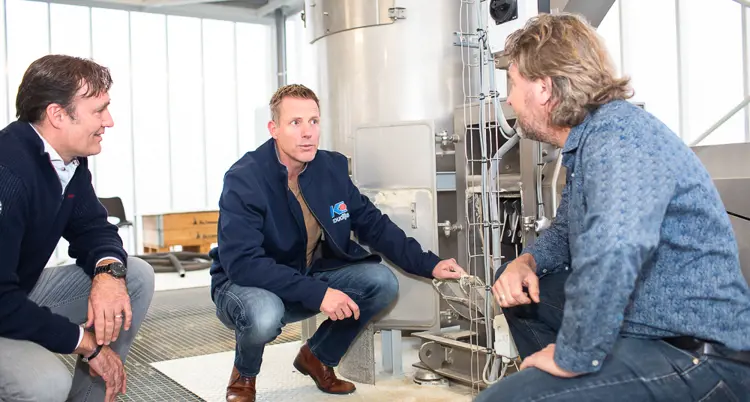
For example, for broilers, optimal feed intake depends on the perfect combination of the right pellet diameter, length, and hardness. When producing pellets for dairy cows to attract them to visit the robot milking machine, the use of hard pellets without dust is essential.
Producing high-quality feeds
You only obtain an optimal feed by producing your feed in the correct way and applicable for the specific animal at its specific life stage. For each animal type, our R&D team has developed specific standards. For example for pelleted feed, we advise which particle sizes, hardness, and durability lead to good feed intake and digestion. For meal and structured feed we can advise you about the optimal distribution in particle sizes.
For pelleted feed there are various production technologies to grind the feed. Our Koudijs production specialists are familiar with frequently used grinding techniques like hammer milling, roller milling, or a combination of these techniques, called Matrix milling. Through our own production facilities, we also have a broad experience with various technologies for pelleting like single pressing, double pressing, Boa compactors, and expanders in combination of pellet mills.
Keeping your energy costs at a minimum
When your process to produce a pellet runs smoothly, you also keep your energy costs as low as possible. The optimal use of temperature and steam in relation to the desired matrix diameter and thickness will keep energy use in check. With the currently high energy prices, each positive result is welcome. Obtaining good pellet quality at high energy efficiency helps you to be more profitable.
Energy consumption depends on the recipes and desired structure, the raw materials used, the process technology in the production plant as well the equipment used. Therefore, each production plant has its own energy consumption requirements. Our specialists know typical benchmarks for the different technologies and recipes and can help you determine the potential to improve efficiencies.
Making good feed requires craftmanship
In our experience every day the external conditions influence your production process- like temperature and humidity as well as variable raw material quality. Hence, continuous checking of product and production quality- in line where possible – support a consistent quality of your feed which can be achieved through frequent monitoring and adjustments of your production process.
At Koudijs we continuously monitor and adjust our production processes to obtain predictable and good quality products. This expertise and knowledge is available to you through our specialists.
We can make your operators even more comfortable to adjust and tweak the production process to get the most out of your factory. Through this service, various customers have been able to realize improvements both in efficiency as well as in product quality. The gains they have been able to make have in all cases more than compensated the service fee.
Contact us for support
Are you interested to find out if we can support you to grow your craftmanship to higher standards? Do not hesitate to contact us for more information and a potential visit to your production plant.

